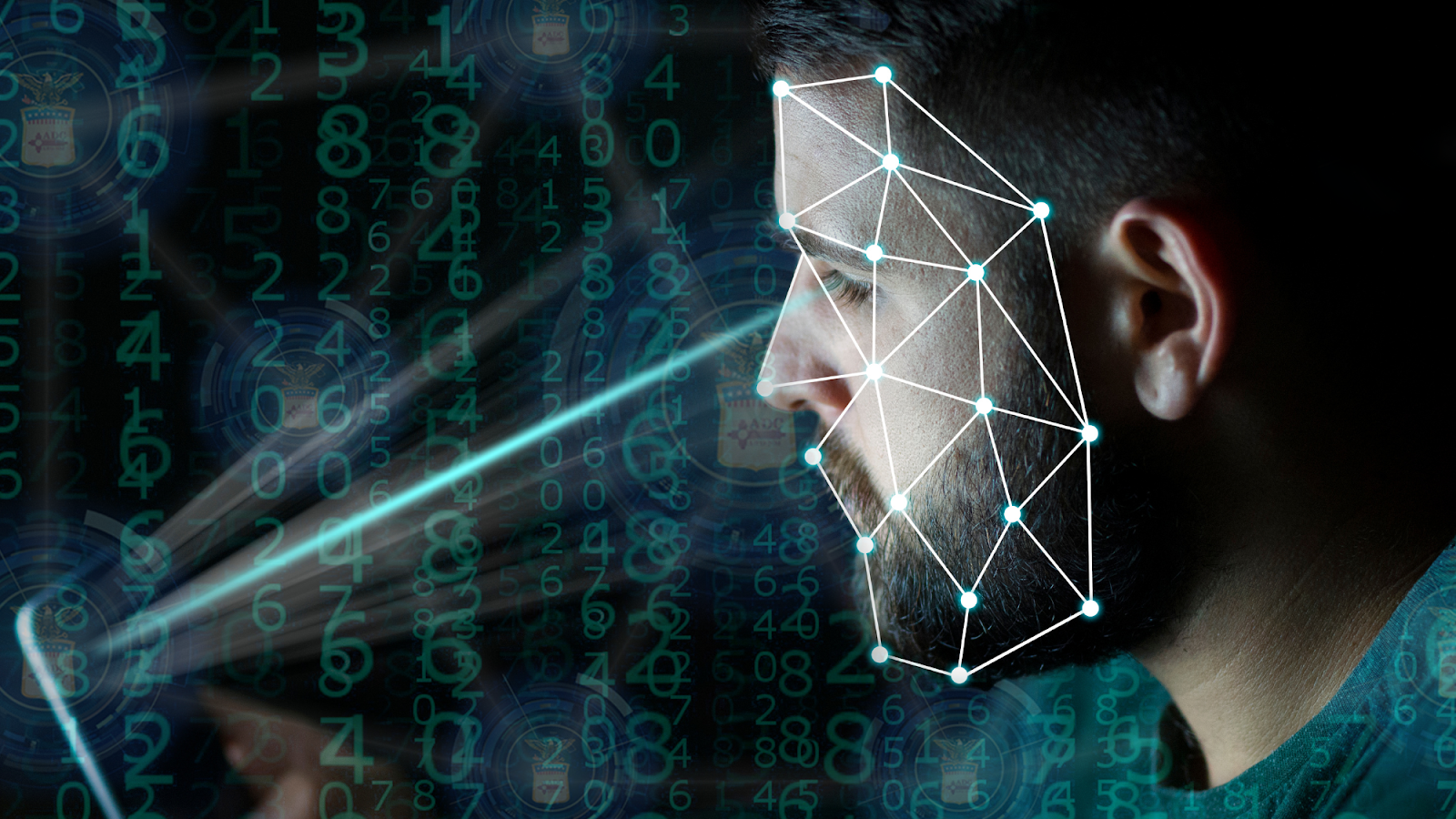
The Advantages of Biometric Technology for Workplace Safety
Biometric technology is a game-changer for workplace safety. In a realm where security is crucial, it acts as a solid guard. Above all, it ensures only the right people can enter restricted areas.
Concurrently, it’s way more reliable than remembering passwords or carrying around ID cards. Your body is the key! It fits right into existing security setups and boosts overall safety levels. Hence, it is easier for everyone to stay safe at work.
With biometrics, workplaces become safer and more efficient. Overall, it’s like having a personal security guard that never takes a break! Let’s learn more about this technology here.

What is Biometric Technology?
It uses unique physical characteristics, like your fingerprints or face, to identify who you are. Basically, it’s a super-smart way of recognizing you based on things that only you have. When you scan your fingerprint or face, the system checks it against a stored template to confirm your identity. So, it’s fast, accurate, and way more secure than traditional methods.
Moreover, it’s becoming more common daily, from unlocking your phone to clocking in at work. So, if you use your fingerprint to open a door, you’re experiencing the power of a biometric solution!
Biometric Recognition Technology: Pros and Cons
Biometric recognition technology has become increasingly prevalent in various aspects of our lives, offering advantages and drawbacks. Let’s delve into the pros and cons of this innovative tool.
Pros:
Accurate Identification
One of the most significant advantages of biometric recognition technology is its accuracy in identifying individuals. Biometric systems provide high accuracy through fingerprints, iris scans, or facial recognition. As a result, it will be challenging for impostors to bypass security measures. This accuracy enhances overall security protocols, particularly in sensitive environments such as workplaces or high-security facilities.
Convenience
Biometrics technology eliminates the need for traditional identification methods like passwords or ID cards. Instead, individuals can access secured areas or authenticate transactions using their unique biological traits. This convenience streamlines access control processes, saves time, and reduces the likelihood of forgotten passwords or misplaced cards.
Enhanced Security
By implementing biometric recognition technology, organizations can enhance their security measures. Biometric identifiers are inherently tied to individuals, reducing the risk of unauthorized entry or identity theft. Therefore, this improved security is particularly valuable in environments involving sensitive data or assets.
Cons:
Privacy Concerns
Privacy concerns are one of the primary drawbacks of biometric technologies. Biometric information or data, such as fingerprints or facial scans, is personal and susceptible to misuse if not adequately protected. Hence, individuals may feel uneasy about sharing such sensitive information, raising questions about data privacy and security.
Costly Setup and Maintenance
Implementing biometric recognition systems can entail significant initial costs for organizations. The setup process can be financially burdensome, from acquiring hardware and software to integrating biometric solutions into existing infrastructure. Moreover, ongoing maintenance and regular updates are necessary to ensure biometric systems’ continued effectiveness and security. It adds to the overall cost of implementation.
Uses of Biometric Technology
This technology finds applications in different industries and sectors but is widely used in background checks to protect public safety. After all, it offers innovative solutions to enhance security, streamline processes, and improve user experiences.
Here are some common uses of biometrics:
Time and Attendance Tracking
Organizations can track employees’ working hours through biometric time and attendance systems. By using biometric identifiers, these systems eliminate buddy punching and time theft, ensuring fair and accurate payroll management.
Access Control
Workplaces, government facilities, and residential buildings use these systems for access control. Facial and fingerprint biometric technology ensures that only authorized individuals can enter secured areas.
Law enforcement agencies utilize biometric solutions for different purposes, including criminal identification, suspect tracking, and forensic analysis. Simultaneously, biometric databases containing fingerprints, DNA profiles, and facial images help law enforcement officers identify and apprehend suspects more efficiently.
Border Control and Immigration
Biometric solutions play a crucial role in border control and immigration processes. Biometric or e-passports contain data to verify travelers’ identities and enhance security at border checkpoints.
Authentication using biometric technology is increasingly adopted in financial services to enhance security in banking and payment transactions. Biometric methods provide additional protection for accessing accounts, authorizing transactions, and preventing fraud.
The healthcare sector uses this system for patient identification and medical records management. It also works for access control to secure areas such as laboratories and medication storage facilities.
Smart Home Security
Biometric features are integrated into smart home security systems to give homeowners and authorized individuals personalized access control. Smart locks and security cameras are more reliable with biometric technology in the background. Thus, they provide enhanced home security and prevent unauthorized entry.
Mobile Devices
Modern mobile devices are equipped with biometric features. These features enhance security and authentication as these gadgets become integral in our daily lives. Not to mention, they ensure secure access to personal data and applications from smartphones to tablets. Biometric authentication on mobile devices also offers users a convenient and protected way to unlock their devices. It even authorizes transactions and protects sensitive information from illegal access.
The Future Use of Biometric Technology for Security and Authentication
With ongoing research and development, we can anticipate the emergence of more sophisticated authentication methods that innovatively leverage biometric data. Moreover, the convergence of biometrics with other cutting-edge fields will likely shape the future authentication landscape. Wearable biometric sensors offer seamless and unobtrusive authentication experiences. On the other hand, biometric blockchain solutions ensure tamper-proof identity management.
Elevating Workplace Safety with ADC!
Biometric solutions offer substantial advantages in enhancing workplace safety. From precise identification to seamless integration with existing security systems, biometric technology provides a reliable means of fortifying security measures.
With ADC’s comprehensive security solutions, organizations can enhance their safety protocols. We offer background checks and security assessments to streamline organizations’ recruitment processes in any location and industry.
By leveraging our expertise, businesses can ensure robust security measures tailored to their needs and regulatory requirements. Above all, we can build a safer work environment where employees feel protected, and operations run smoothly. Partner with us today to elevate workplace safety!

